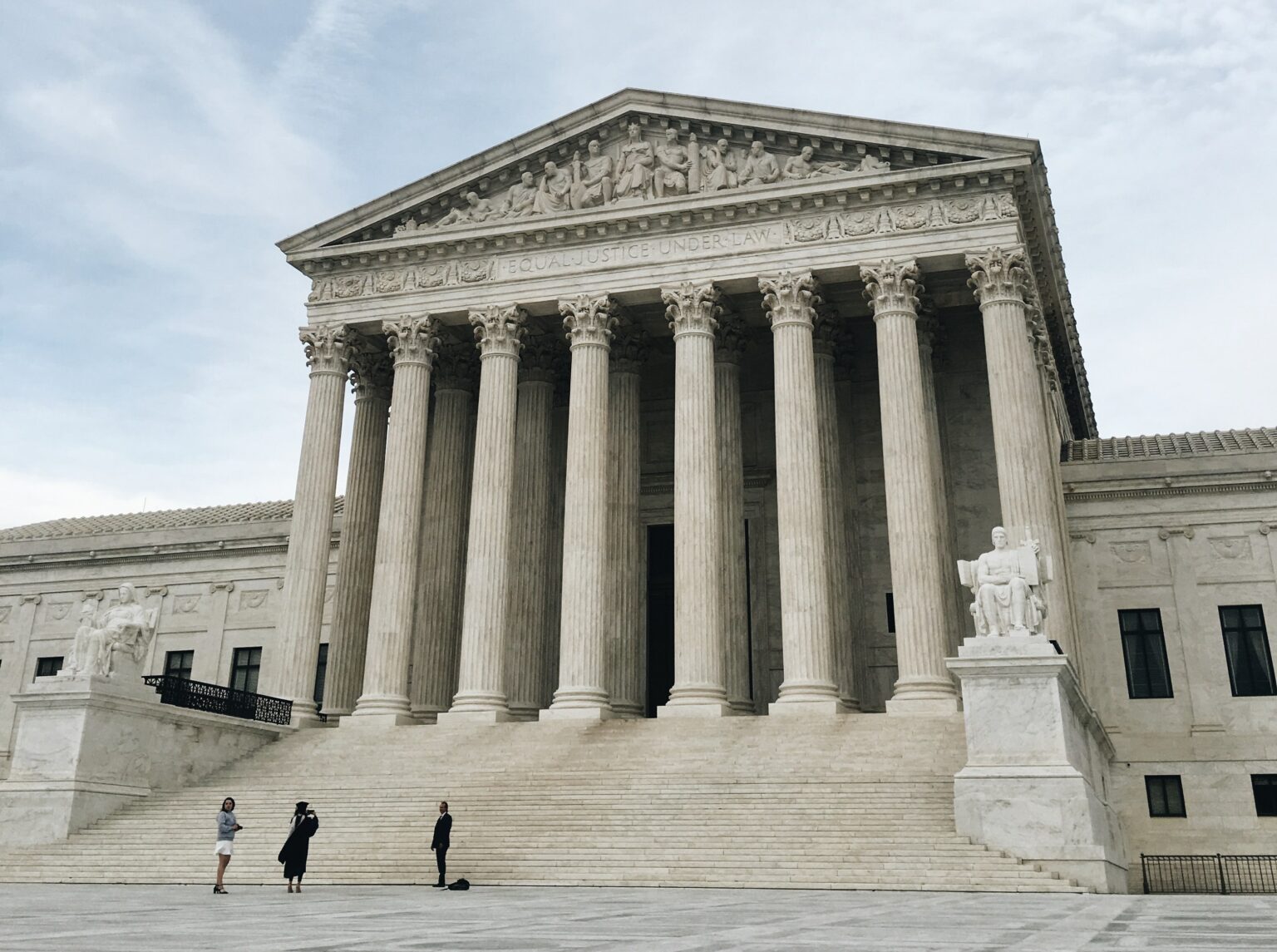The Supreme Court on Friday struck down President Biden’s student loan forgiveness program.
The decision was 6-3 along ideological lines, with the three liberal Justices dissenting.
The Court agreed to hear arguments surrounding the student loan forgiveness plan back in February.
Responding to pressure from Democrats ahead of the 2022 midterm elections, the Biden Administration in October had made available the program for canceling up to $20,000 in student loan debt for borrowers who make less than $400,000 per year. In doing so, the Administration had bypassed Congress to rely on a 2003 law, the HEROES Act, that allows the Education Secretary to grant relief in times of national emergency—such as the Covid-19 pandemic. It was quickly met with legal challenges.
The Court ruled Friday that the Education Secretary doesn’t have that authority, with Chief Justice John Roberts writing in the majority opinion that while the Secretary is authorized under the HEROES Act “to waive or modify any provision” applicable to federal “student financial assistance” programs, he doesn’t have to authority to rewrite a statute from the ground up.
The Administration had asked the Supreme Court as early as November to take up the issue, a few days after the program was blocked by U.S. District Judge Mark Pittman in North Texas, who called the program “unlawful.” Pittman said in court files last week that Biden didn’t follow federal procedures to allow for public comment prior to the student loan forgiveness policy’s announcement.
The Department of Education put the program on pause several days later while the White House went on legal defense.
That was a month after conservative a Bush-appointed judge in Wisconsin had tossed out a lawsuit challenging the student loan forgiveness program. The Wisconsin Institute of Law & Liberty (WILL) had argued the program was illegal executive overreach that put an undue burden on taxpayers.
Court of Appeals Judge William C. Griesbach, who was a President George W. Bush appointee, argued that WILL dId not have the grounds to sue, writing in his decision, “The Supreme Court has repeatedly held, however, that the payment of taxes is generally not enough to establish standing to challenge an action taken by the Federal Government.”
Among those who had challenged the student debt forgiveness before the Supreme Court were six Republican-led states, who called the policy an abuse of executive authority that seeks “breathtaking and transformative power” by relying on “a tenuous and pretextual connection to a national emergency.”
On the other side of the argument, more than two dozen advocacy groups had bused hundreds of student loan borrowers to rally outside the Court. They included representatives from labor unions, civil rights organizations and youth activists with groups.
While the Supreme Court deliberated, the White House moved forward with a proposed “student loan safety net.” Announced in January, it would cap payments for undergraduate loans at 5% of borrowers’ pay—down from a 10% cap under existing plans, thus cutting their bills in half. It would also require payments only for those who earn more than about $30,000 a year. That’s up from a cap on borrowers who earn less than $20,400 a year.
According to the non-partisan Congressional Budget Office, the forgiveness of student debt from some 26 million borrowers would amount to roughly $400 billion over 30 years.
President Biden planned to announce new actions to protect student loan borrowers later Friday.


